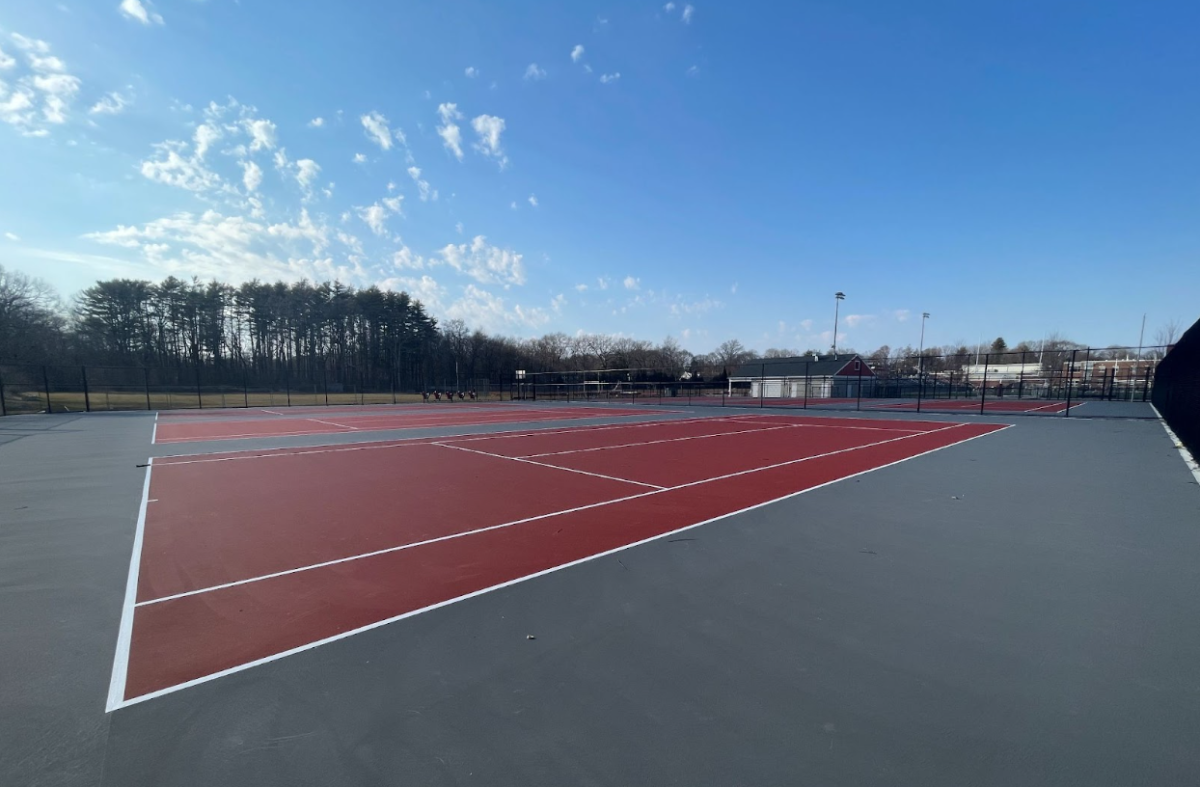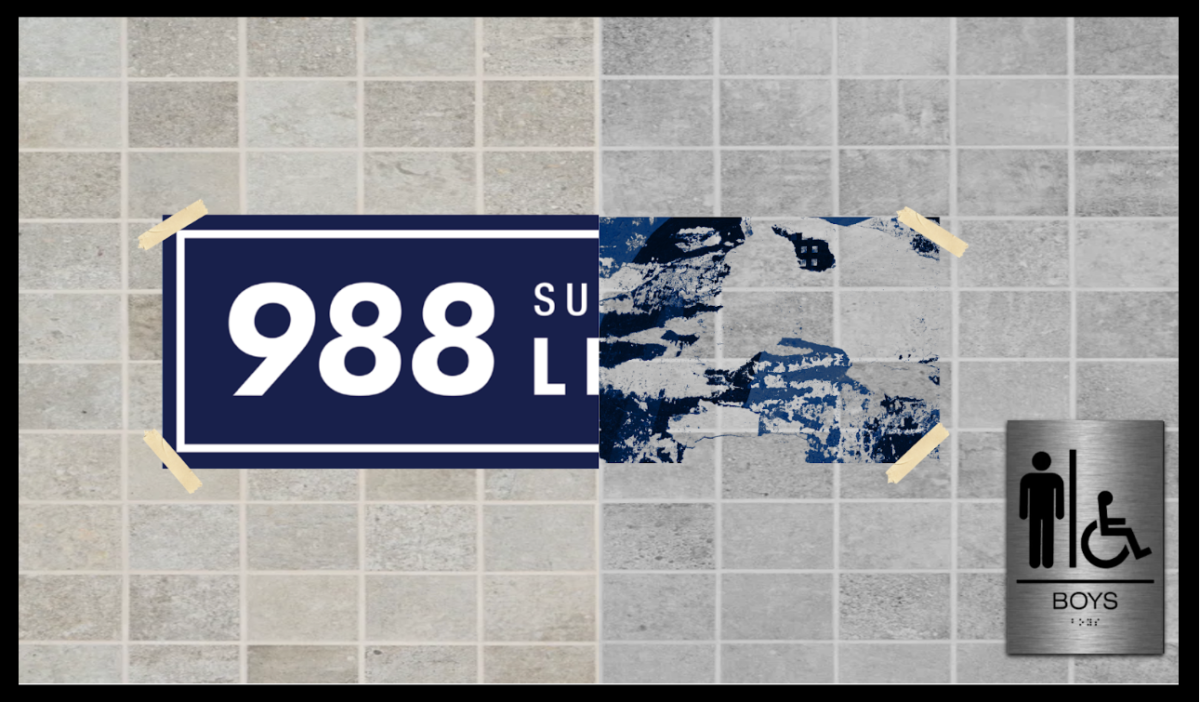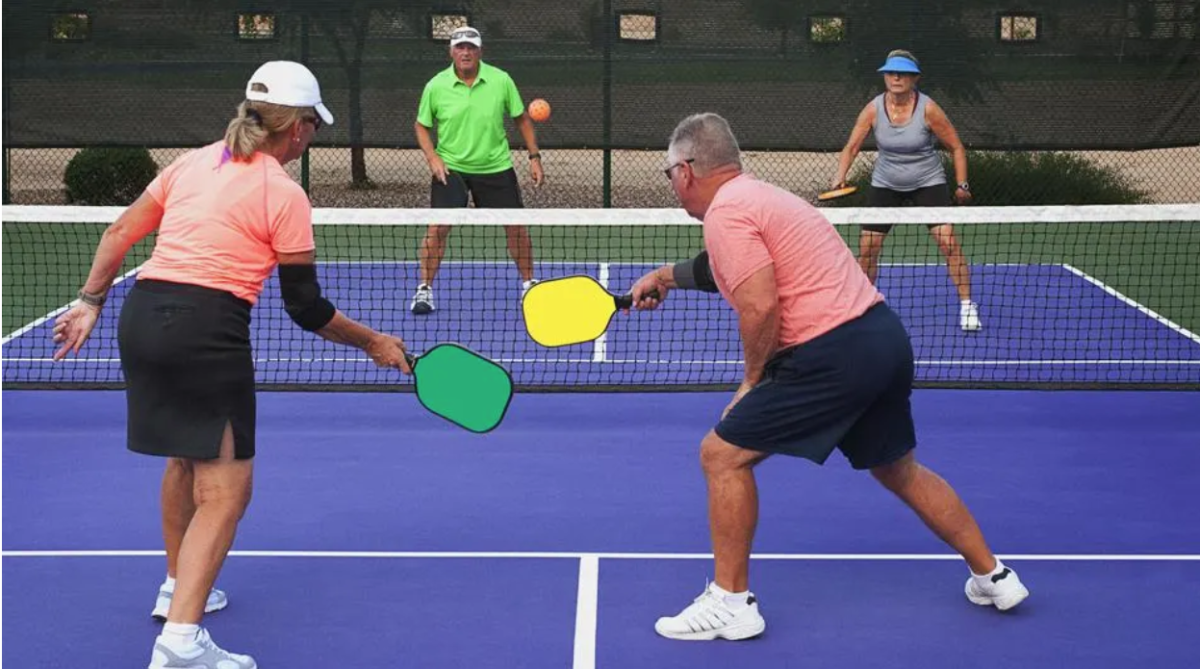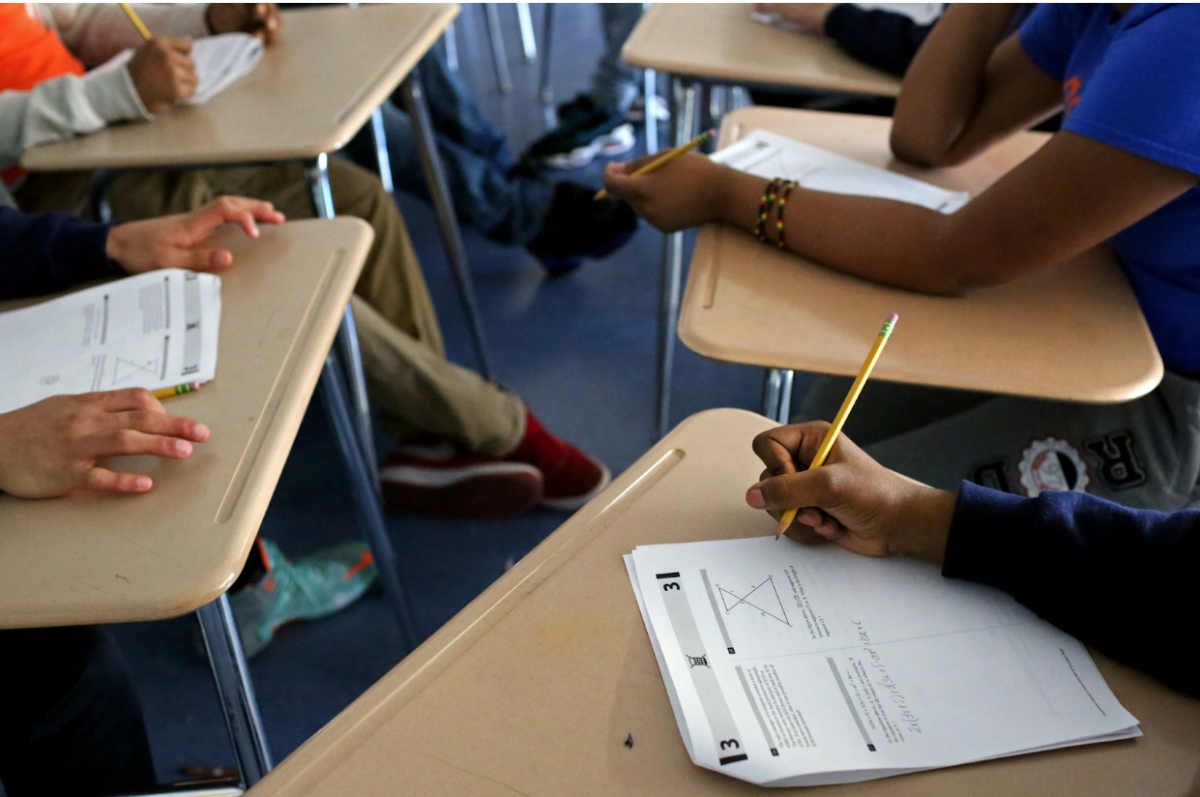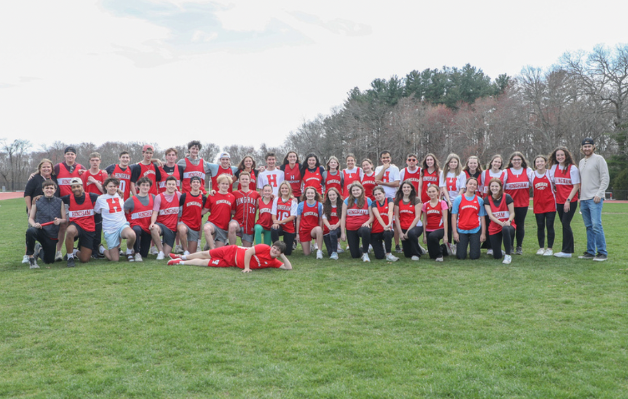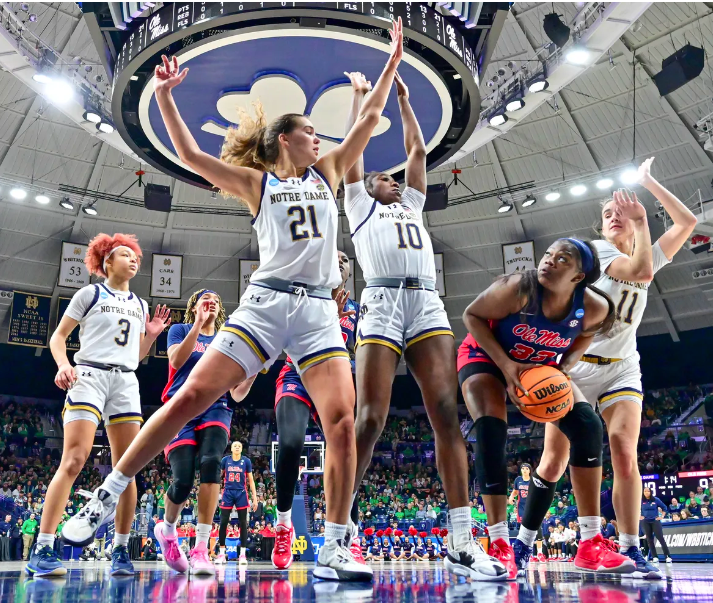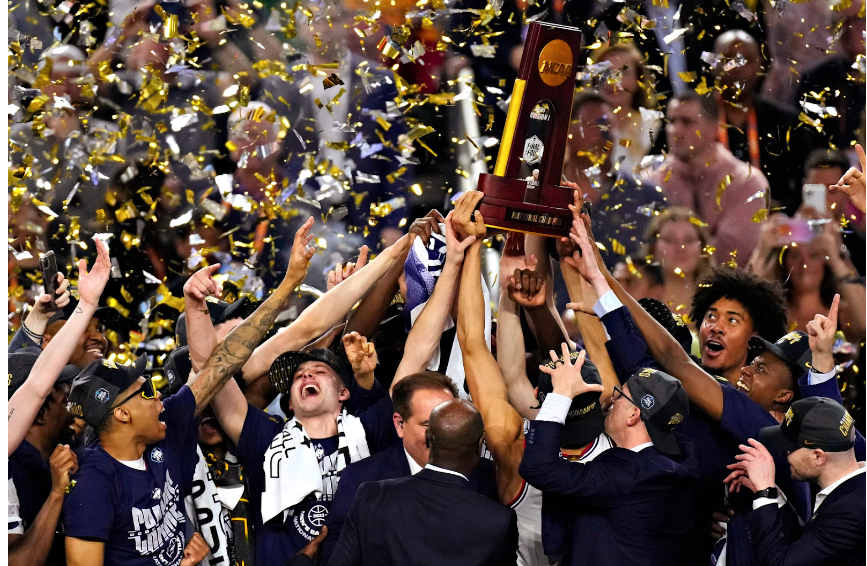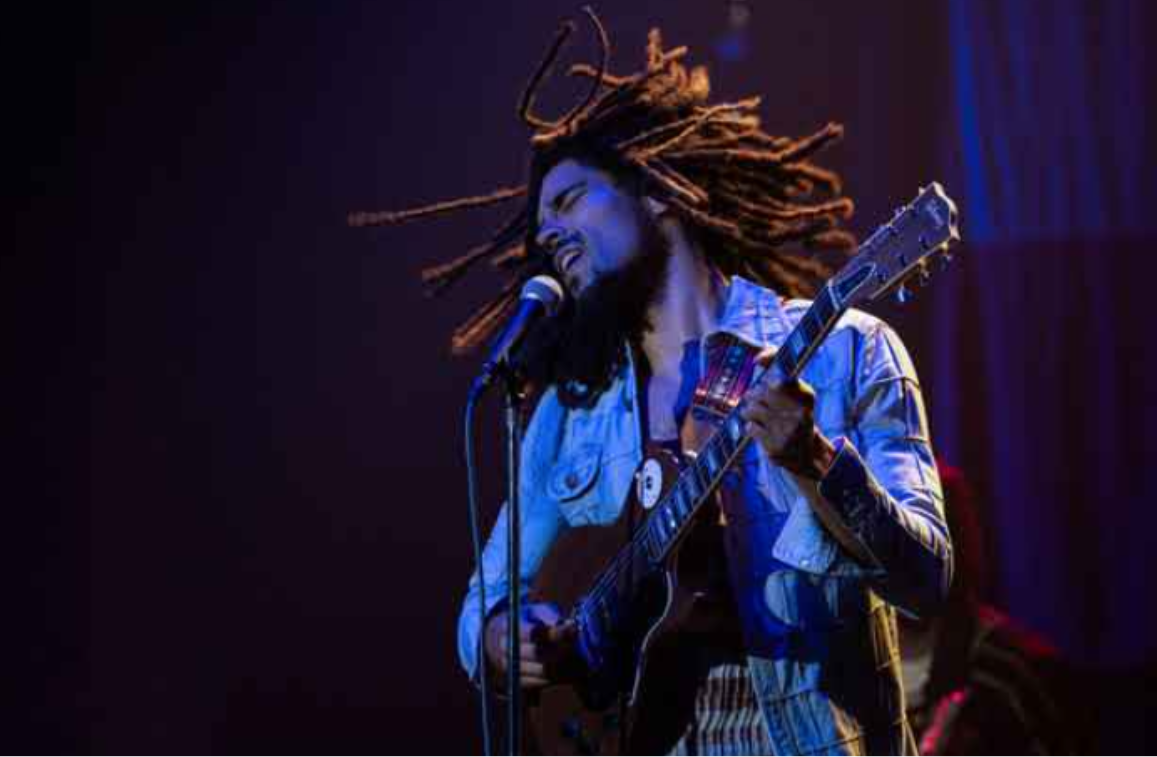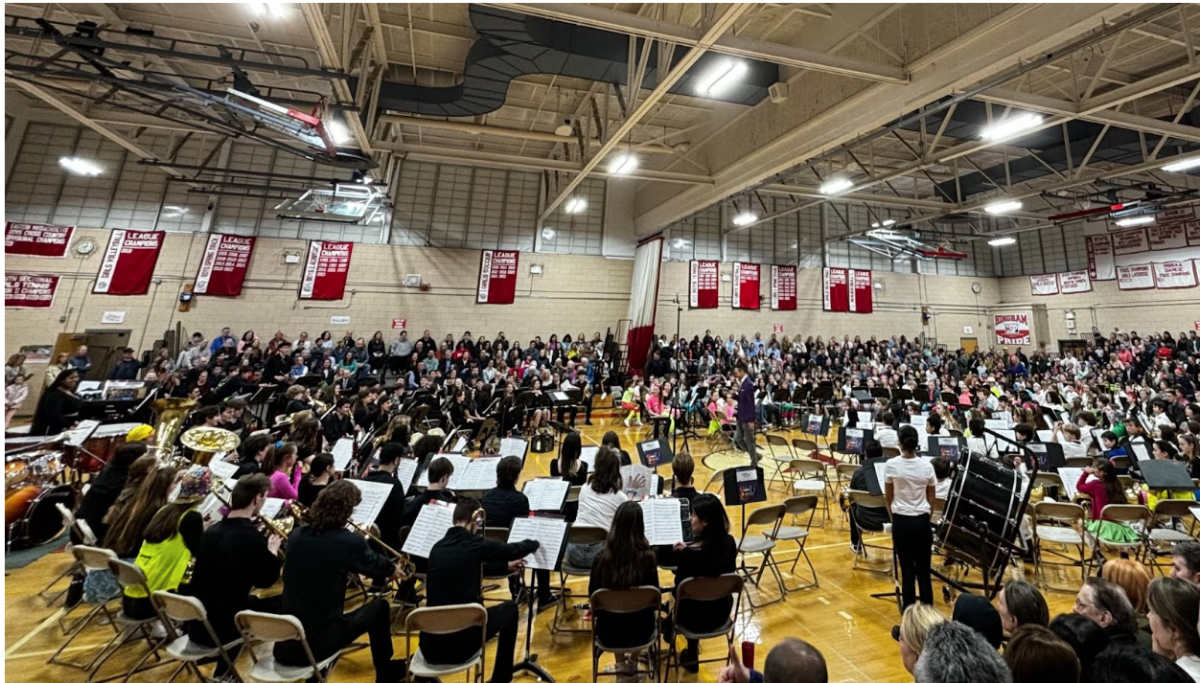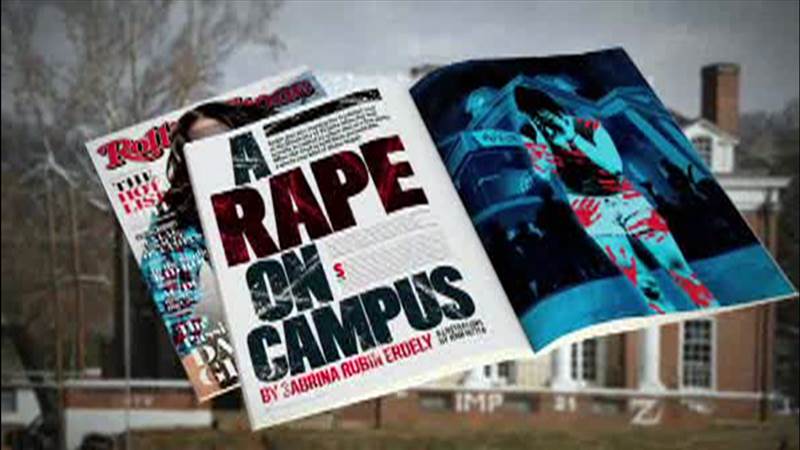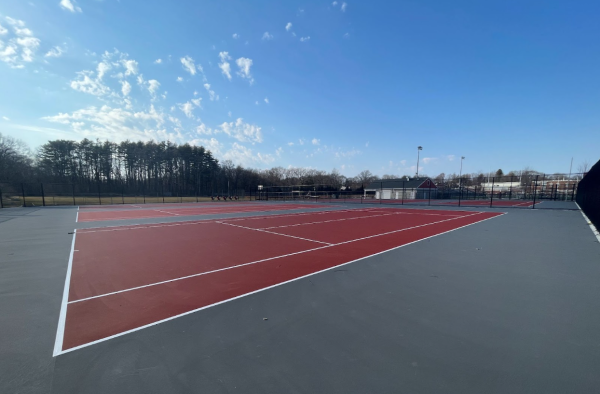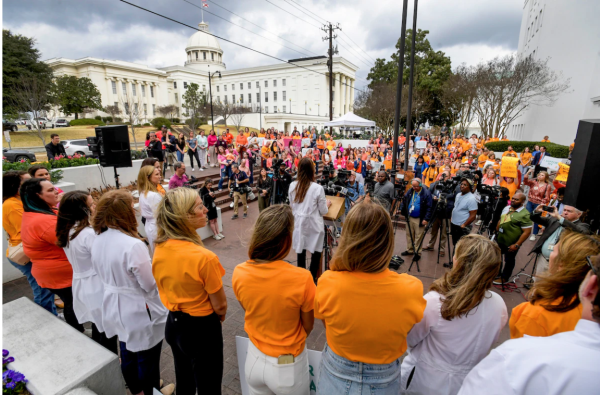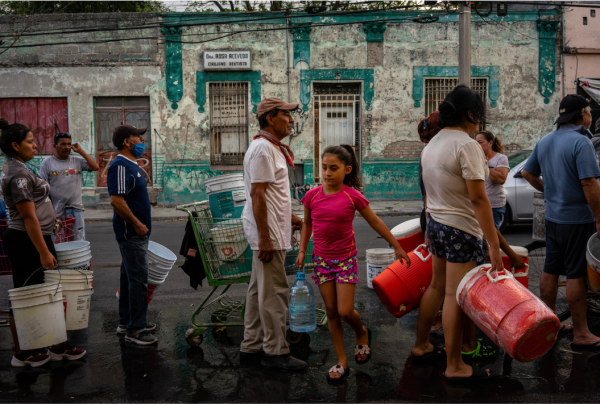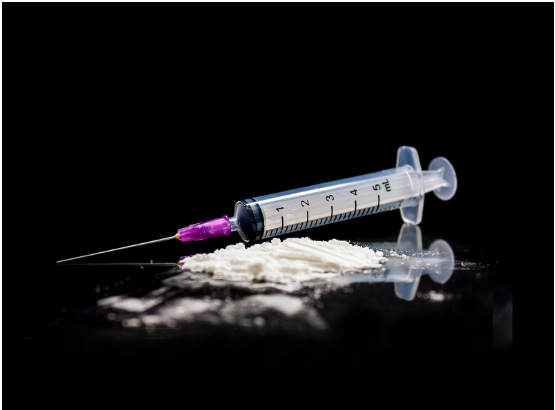Rolling Stone’s Article Concerning Rape at UVA
December 13, 2014
In October, Rolling Stone published the story of an assault on a student at the University of Virginia. “A Rape on Campus” described the brutal rape of a woman named Jackie at a fraternity party two years ago. The story also included claims of UVA’s lack of response to this and many other assaults. It made global headlines and prompted soul searching and reflection on campus. The story sparked controversy between defense of the article’s harshness against the school, avocation for rape victims, Rolling Stone, and others who felt touched by the article. The university’s apparent lack of proper response to Jackie’s report angered rape victims and sympathizers who read the reporter’s account of Jackie’s story two years after the rape occurred.
However, harsh words against Greek life and the university angered others, who said that Sabrina Erderly, the Rolling Stone reporter, did not try to bring justice to the crime; instead, she published the story to attack the university. UVA President Teresa Sullivan responded by suspending all Greek life until January 9th.
When the article was published, the facts weren’t reliable due to the author’s failure to contact the attackers. Rolling Stone initially blamed the victim for its “discrepancies” instead of its own journalistic mistakes. According to the Washington Post, Jackie stands by her story and
accusations of doubts have stemmed from the attackers themselves. Although Rolling Stone’s report was a bit foggy, some writers criticized it for ideological motives. Many simply did not believe such a story could occur. Jonah Goldberg from the LA Times alleged that the very idea of rape culture is “an elaborate political lie intended to strengthen the hand of activists.”
One thing is for sure: gang rapes happen in colleges and universities all over the country, 60% of which are never reported to authorities. We learn from Jackie’s story that assaults must be dealt with immediately and effectively, before controversies deter both a person’s bravery to
step forward and a university’s reputation. Jackie did not ask to be raped, nor did she ask for accusations of her accountability. She was victim of a vile crime, a crime that occurs far too often in our society today. However slanted the reporter’s story of Jackie may be, it should be
taken as a call to arms. The necessity is greater than ever, to build a culture in which all students feel comfortable and safe, not ashamed and threatened.





